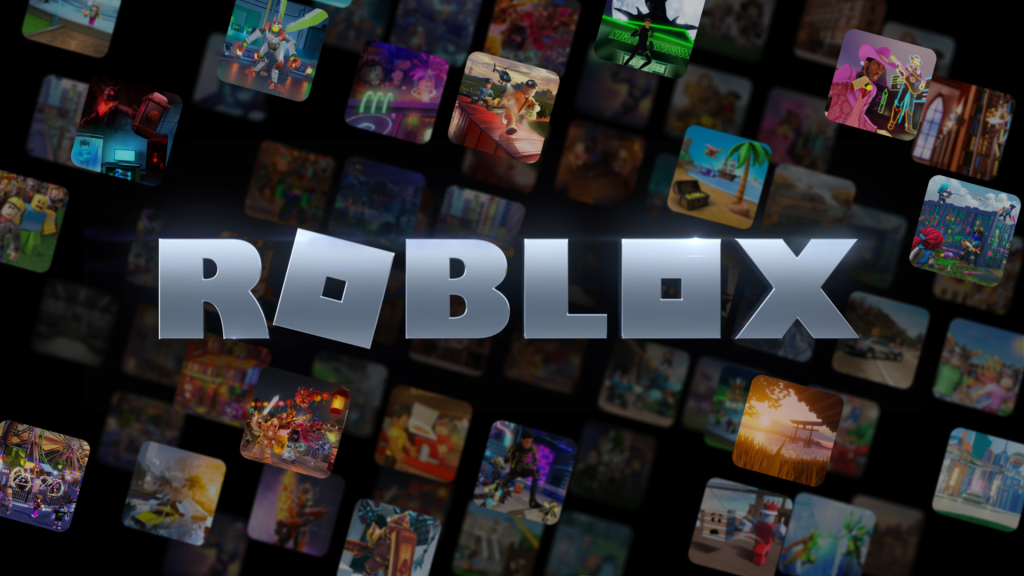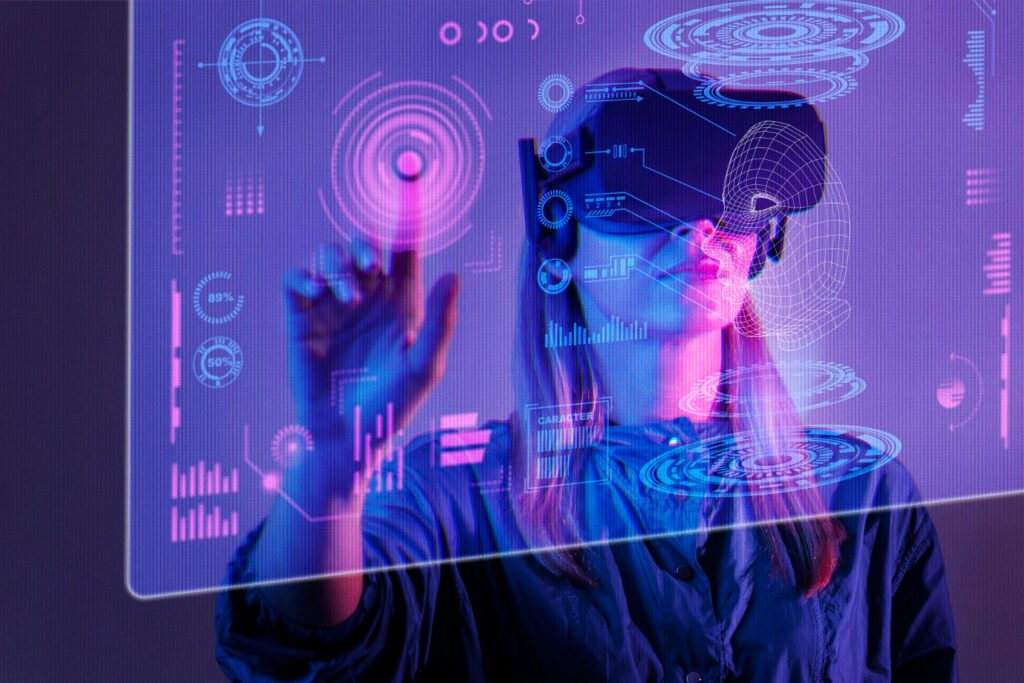The Metaverse is rapidly evolving from a conceptual framework into a tangible reality, driven by innovative builders who are transforming online spaces into vibrant communities. This article delves into the role of Metaverse builders, the technologies they employ, and the implications of their work for game development and community engagement. By examining real-world examples and relevant research, we will uncover how these builders are shaping the future of digital interaction.
As the Metaverse continues to expand, it is essential to understand the key players involved in its development. Metaverse builders are not just developers; they are architects of immersive experiences that foster community engagement and social interaction. They leverage advanced technologies such as virtual reality (VR), augmented reality (AR), blockchain, and artificial intelligence (AI) to create dynamic environments where users can interact, collaborate, and create.
The Role of Metaverse Builders
Metaverse builders encompass a diverse range of professionals, including game developers, 3D artists, UX/UI designers, and community managers. Their primary objective is to create engaging and interactive spaces that encourage user participation and foster a sense of belonging. This involves not only the technical aspects of building virtual environments but also understanding the social dynamics that drive community engagement.
Technical Skills and Tools
To effectively build in the Metaverse, developers utilize a variety of tools and platforms. Game engines like Unity and Unreal Engine are commonly employed for their robust capabilities in rendering 3D environments and supporting complex interactions. According to a report by Newzoo (2022), the global game engine market is projected to reach $10.5 billion by 2025, highlighting the growing importance of these tools in the development of immersive experiences.
Additionally, Metaverse builders often incorporate blockchain technology to create decentralized economies within their virtual spaces. This allows for the ownership of digital assets, such as non-fungible tokens (NFTs), which can represent anything from virtual real estate to unique in-game items. A study by NonFungible.com (2023) indicated that the NFT market generated over $25 billion in sales in 2022, underscoring the potential for economic activity within the Metaverse.
Creating Engaging Experiences
One of the primary goals of Metaverse builders is to create engaging experiences that captivate users and encourage them to return. This involves designing interactive elements that promote social interaction, collaboration, and creativity. For instance, platforms like Roblox and Fortnite have successfully created environments where users can not only play games but also socialize, create content, and participate in events.
Real-World Examples
Roblox, a user-generated online gaming platform, has become a prime example of how Metaverse builders can create vibrant communities. With over 200 million monthly active users as of 2023 (Roblox Corporation, 2023), the platform allows users to create their own games and experiences using the Roblox Studio. This not only empowers users to become creators but also fosters a sense of community as players engage with each other’s content.
 Roblox is an example of how Metaverse creators generate vibrant communities.
Roblox is an example of how Metaverse creators generate vibrant communities.
Another notable example is Decentraland, a virtual world powered by blockchain technology. Users can purchase, develop, and sell virtual real estate, creating a decentralized economy within the platform. As of 2023, Decentraland reported over 1 million monthly active users, showcasing the appeal of user-generated content and community-driven experiences (Decentraland Foundation, 2023).
The Importance of Community Engagement
Community engagement is a critical aspect of the Metaverse. Builders must understand the social dynamics that influence user behavior and interaction. Research by the Pew Research Center (2022) found that 72% of teens in the U.S. play video games, with many citing social interaction as a primary reason for their engagement. This highlights the importance of creating spaces that facilitate social connections and foster a sense of belonging.
Strategies for Fostering Community
Metaverse builders employ various strategies to enhance community engagement. These include hosting virtual events, creating collaborative projects, and implementing gamification elements that encourage participation. For example, Fortnite has hosted numerous live events, such as concerts featuring popular artists like Travis Scott and Ariana Grande, attracting millions of players and creating a shared experience that strengthens community ties.
Moreover, the integration of AI can enhance community engagement by personalizing user experiences. AI algorithms can analyze user behavior and preferences, allowing builders to tailor content and interactions to individual users. This level of personalization can significantly enhance user satisfaction and retention, as evidenced by a study from McKinsey & Company (2023), which found that personalized experiences can lead to a 10-30% increase in customer satisfaction.
Challenges and Considerations
While the potential of the Metaverse is immense, builders face several challenges in creating sustainable and inclusive communities. Issues such as digital divide, privacy concerns, and moderation of user-generated content must be addressed to ensure a safe and equitable environment for all users.
Addressing the Digital Divide
The digital divide remains a significant barrier to entry for many potential users. According to the International Telecommunication Union (ITU, 2022), approximately 2.9 billion people worldwide still lack internet access. Builders must consider how to make their platforms accessible to a broader audience, potentially through partnerships with organizations focused on expanding internet access and digital literacy.
Privacy and Security Concerns
As users engage in the Metaverse, they often share personal information, raising concerns about privacy and data security. Builders must implement robust security measures and transparent data policies to protect user information. A survey by Cybersecurity Insiders (2023) found that 70% of organizations plan to increase their investment in cybersecurity for virtual environments, highlighting the growing awareness of these issues.
The Future of Metaverse Building
The future of Metaverse building is poised for significant growth and innovation. As technology continues to advance, builders will have access to more sophisticated tools and platforms that enable the creation of even more immersive experiences. The integration of AI, machine learning, and advanced graphics will further enhance the realism and interactivity of virtual environments.

Moreover, as the concept of the Metaverse becomes more mainstream, we can expect increased collaboration between game developers, artists, and community leaders. This collaborative approach will be essential in creating diverse and inclusive spaces that cater to a wide range of interests and demographics.
In conclusion, Metaverse builders play a crucial role in transforming online spaces into vibrant communities. By leveraging advanced technologies and understanding the social dynamics of user engagement, they create immersive experiences that foster connection and collaboration. As the Metaverse continues to evolve, the importance of community engagement, accessibility, and security will remain paramount. The future of Metaverse building holds immense potential for innovation and growth, paving the way for a new era of digital interaction.
Key Takeaways:
- Metaverse builders are essential in creating engaging online communities through advanced technologies.
- Platforms like Roblox and Decentraland exemplify successful user-generated content and community-driven experiences.
- Community engagement strategies, including virtual events and AI personalization, enhance user satisfaction.
- Challenges such as the digital divide and privacy concerns must be addressed for sustainable growth.
- The future of Metaverse building promises innovation and collaboration across various sectors.

